When children forced to marry stay married
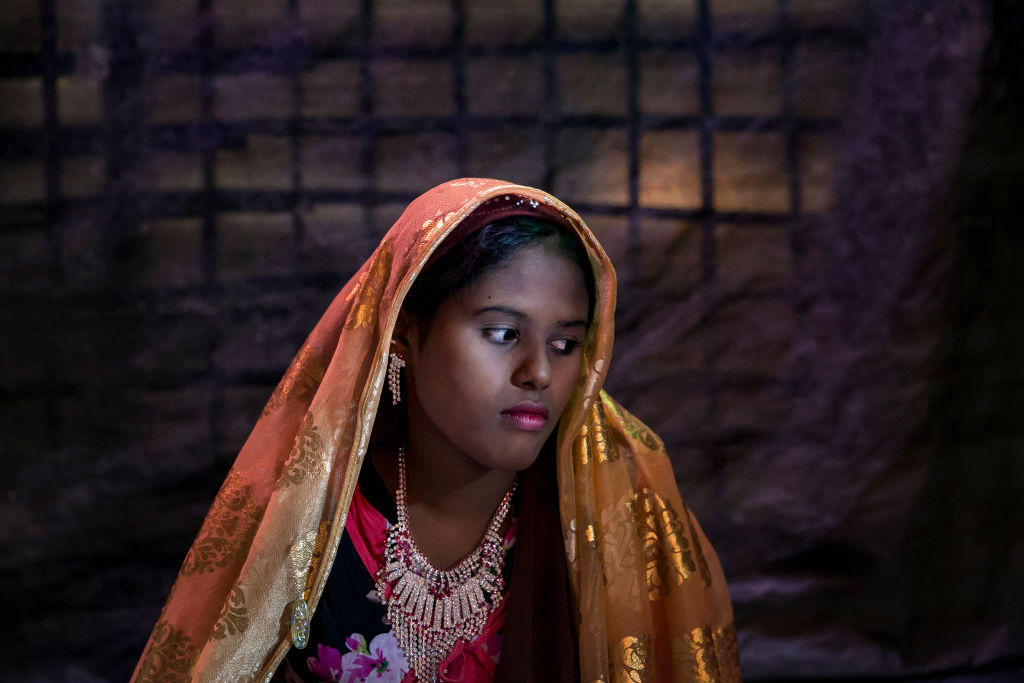
Marriages involving minors must be annulled, according to Swiss law. However, exceptions are permitted if it seems to be in the child’s best interests. This provision must be done away with to combat forced marriages more effectively, says lawyer Anu Sivaganesan.
If a 16-year-old is already married upon arrival in Switzerland, the marriage can be recognized in consideration of the teen’s interests. Article 105 (6) of the Swiss Civil CodeExternal link calls for marriages with a minor spouse to be annulled, unless “the continuation of the marriage is in the best interests of that spouse”.
A motion by parliamentarian Natalie Rickli of conservative right Swiss People’s Party is calling for this exception to be removed. The National Bureau for Forced MarriageExternal link welcomes this request. Its president, Anu Sivaganesan, has been pointing out a legal loophole for years.

swissinfo.ch: Why should the law on married minors be revised?
Anu Sivaganesan: The law provides for a balancing of interests that often cites cultural reasons or takes into account that a minor is pregnant. Thus, the legal situation is interpreted to the detriment of the affected minors, and it supports the traditionalist-conservative reasons for marriages with minors and children.
If a 16-year-old becomes pregnant in Switzerland, she cannot marry until she reaches the age of eighteen – despite her circumstances. By contrast, if she was married abroad, the law assumes that it may be in the interest of the young woman not to annul the marriage.
That is contradictory. Child marriages must not be recognized, either abroad or in Switzerland. The welfare of the child and the protection of the child should outweigh a misinterpreted respect for tradition.
swissinfo.ch: Are child marriages a real problem in Switzerland, or is it a marginal phenomenon?
A.S.: Child marriage is also a current problem in Switzerland, and it has even become more virulent in recent years.
Some of the weddings with minors take place abroad; others are performed in religious ceremonies in Switzerland.
According to the State Secretariat for Migration (SEM)External link, 161 underage married persons came to Switzerland in 2017 to be reunited with their spouses.
As early as 2012, a federal study found that 27% of forced marriages in Switzerland affected minors. Some were under 16, so still under the age of consent. We are surprised that despite this study, the balance of interests outlined in the law has been maintained.
Since 2016, we have seen an increase in affected minors in our counseling practice. In 2016, there were 112 minors affected in the 311 forced marriage cases. In 2017, it was 107 among 316. There was a particular increase in cases of children under the age of 16.
swissinfo.ch: In practice, are there actually cases of marriages of minors that are not annulled in Switzerland?
A.S.: Unfortunately, child marriages performed abroad are often not annulled and do not even go to court. Many employees with the federal asylum authorities and the cantonal civil status authorities could tell stories about the fact that the balance of interests proves to be a real paper tiger in practice. If the cases are duly reported to the responsible court, sometimes the case isn’t handled until the affected individuals are 18.
This in turn means that the cases are not reported at all. Switzerland takes into account the ages of the spouses at the time when it examines the marriage. What counts is the moment of recognition, not the wedding day. Marriage of minors is thus subsequently legitimized and “cured” in the legal sense.
swissinfo.ch: How can this problem be tackled more effectively?
A.S.: In fact, much could be improved. For example, the engagement of minors is still allowed in Switzerland. The engagement is not legally binding, but the norms of a traditionalist-conservative environment would expect it to lead to a later marriage.
The African Charter on the Rights and Welfare of the ChildExternal link of 1990, which plays a pioneering role in the matter of children’s rights, also defines the engagement of minors as a harmful social and cultural practice. This should therefore be banned in Switzerland.
41,000 child marriages a day
In most countries, one has to be 18 in order to get married. Nevertheless, according to a United Nations Children’s Fund (UNICEF) report published in 2014, around 15 million underage girls are married each year. This corresponds to around 41,000 a day.
The phenomenon is particularly prevalent in southern Asia, sub-Saharan Africa and Latin America. In Niger, 77% of married women aged 20-49 were minors on their wedding day. In Bangladesh, according to a UN report from 2017, around 40% of women are married before they turn 15.
UNICEF lists three things that lead to child marriages:
· Children can be considered an economic burden at home.
· Marriage is seen as a form of protection against sexual abuse.
· Parents want to avoid the risk of unwanted pregnancy, which would compromise a later marriage.
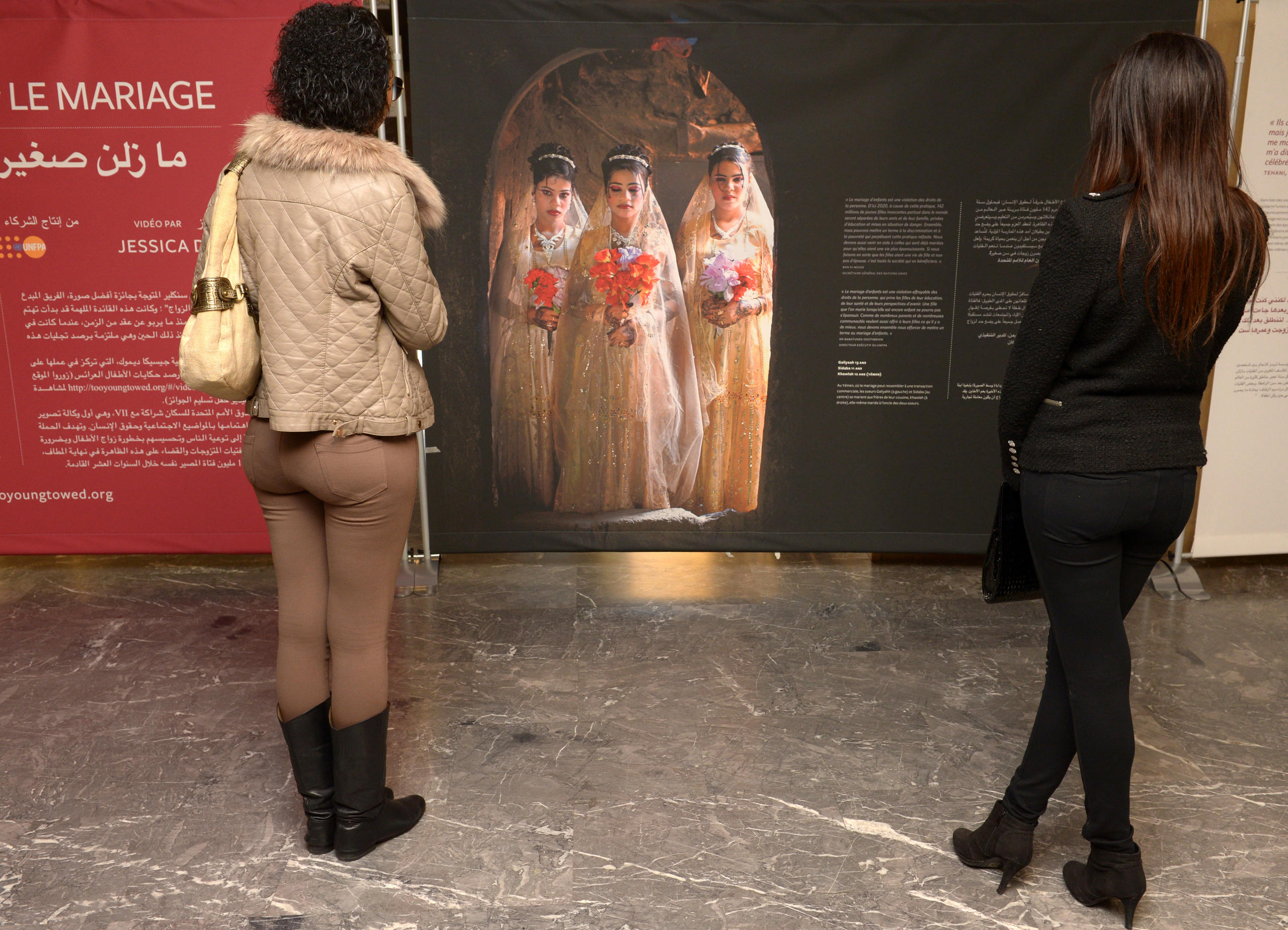
More
What is being done about forced marriages?

In compliance with the JTI standards
More: SWI swissinfo.ch certified by the Journalism Trust Initiative

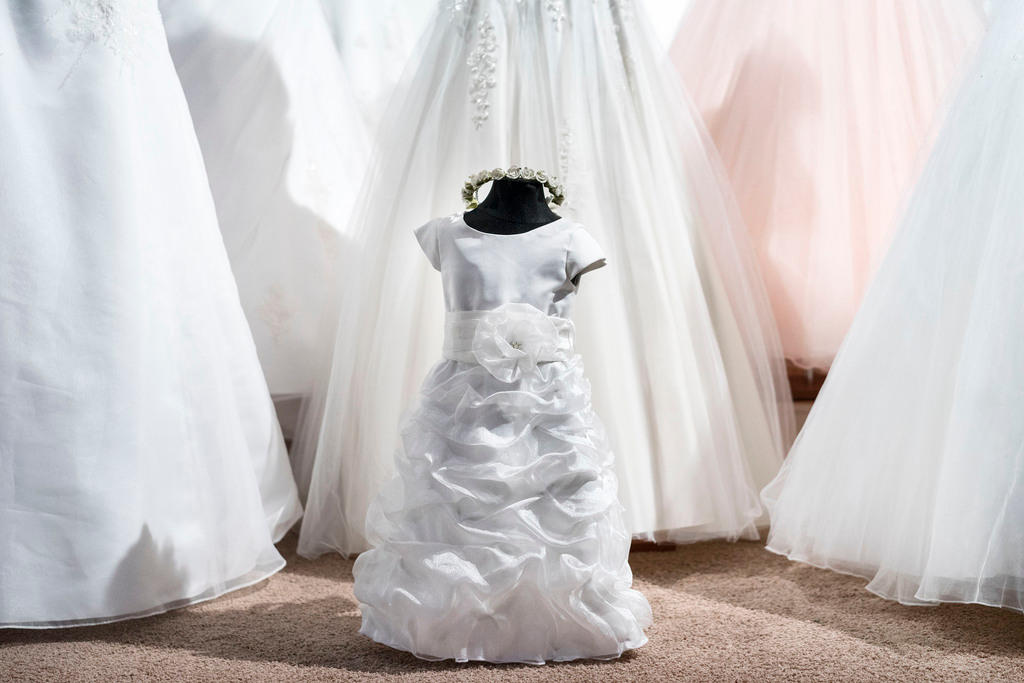
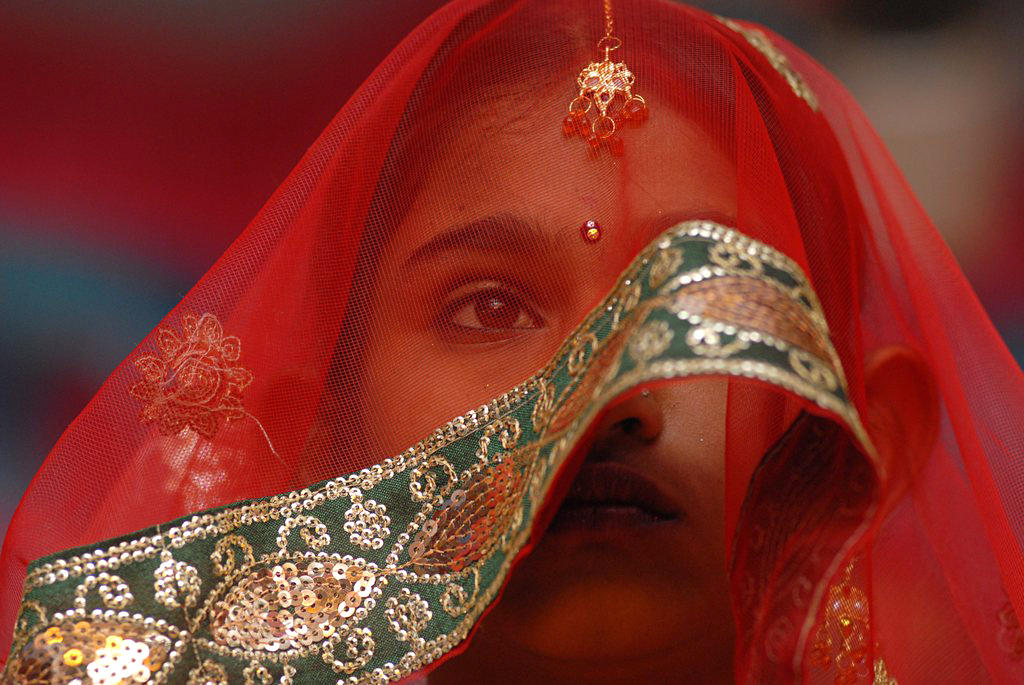

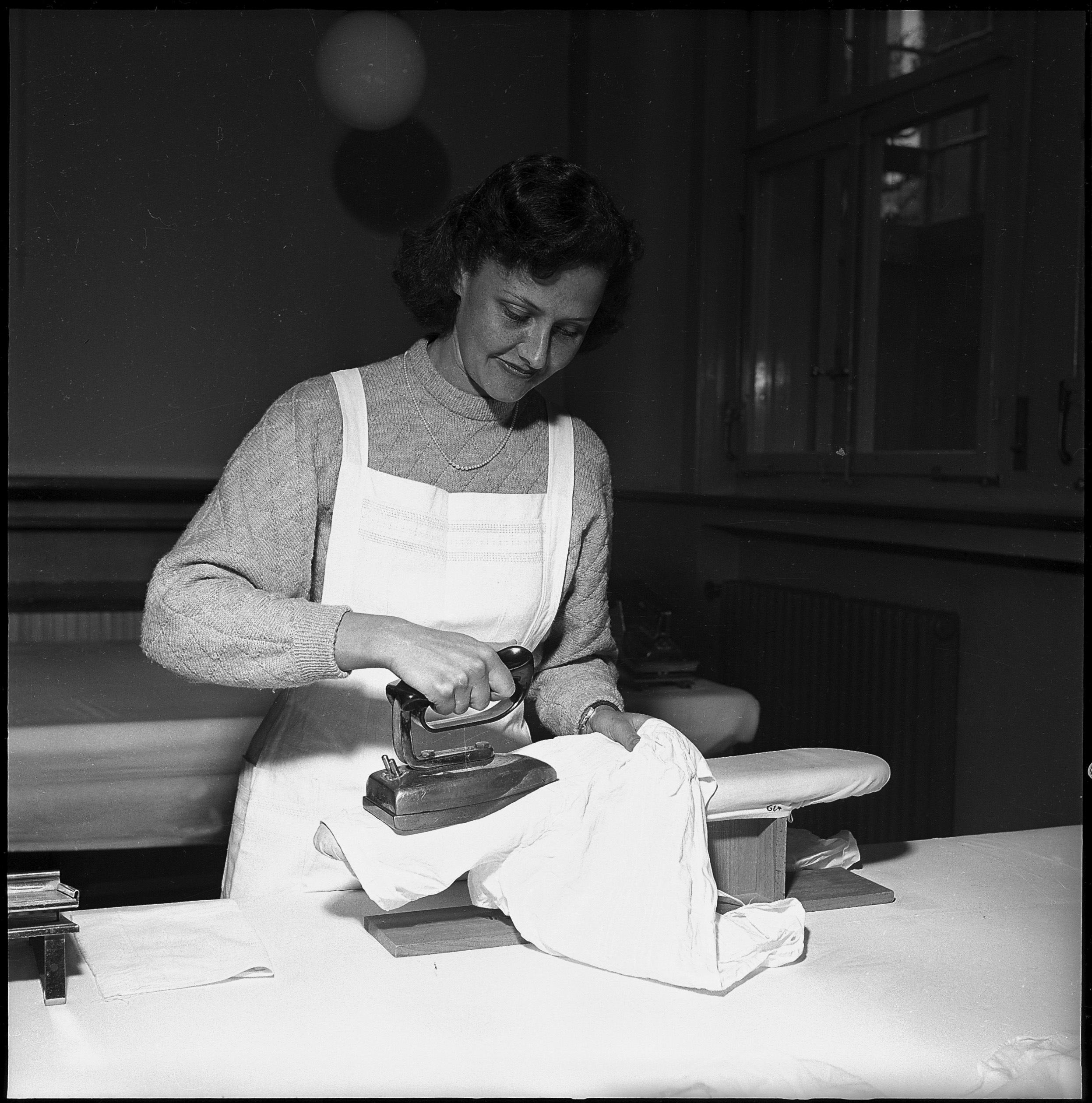
You can find an overview of ongoing debates with our journalists here. Please join us!
If you want to start a conversation about a topic raised in this article or want to report factual errors, email us at english@swissinfo.ch.